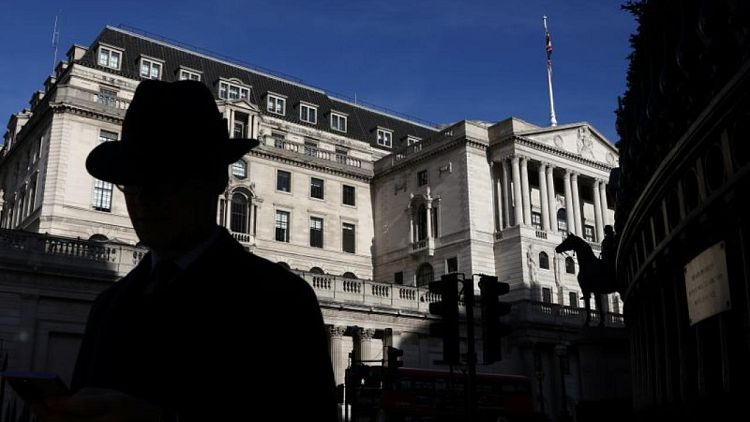By David Milliken
LONDON - Writing about the Bank of England may be more an art than a science, but that hasn't stopped two of the central bank's more enterprising researchers from corralling financial journalists into their economic models.
In a paper published on Friday that aims to improve the central bank's communication with the public, the researchers start with a bold assumption about journalists' work ethic.
"The journalist faces a trade-off," the paper states. "Writing news that satisfies consumer desires will sell more papers, but requires effort. Paraphrasing the central bank may not align with consumer desires, but is costless."
Several pages of advanced mathematics later - and after exerting the power of computational linguistics on thousands of British newspaper articles since the late 1990s - the paper concludes that it is best to "keep things simple".
Short sentences and stating the main point at the start of a speech maximise the chance of a reporter reiterating the BoE's message verbatim.
The research is based on articles about the BoE published by five newspapers that account for just under half of British print circulation - The Sun, the Daily Mirror, the Daily Mail, The Times and The Guardian.
The Financial Times and its free competitor City A.M. - which are aimed at financially savvy readers - are excluded as the authors decided "they do not transmit news to the general public in the way that we are concerned with here".
News organisations such as Reuters also fail to make the grade, though the authors do consider - then dismiss - the possibility that newspaper journalists "are simply copying from newswire services".
"Controlling what is put out on newswires is an intermediate step that the central bank may also want to optimise, but it is not what the public reads," the paper concludes.
Like most BoE research, the paper represents the views of the authors, not a formal position of the central bank.
The authors are James Brookes, a BoE researcher who has also analysed BoE regulators' letters to banks, and Tim Munday, a PhD student at the University of Oxford who previously worked at Goldman Sachs for the BoE's new chief economist, Huw Pill.
(This story corrects word in quote in paragraph 8)















